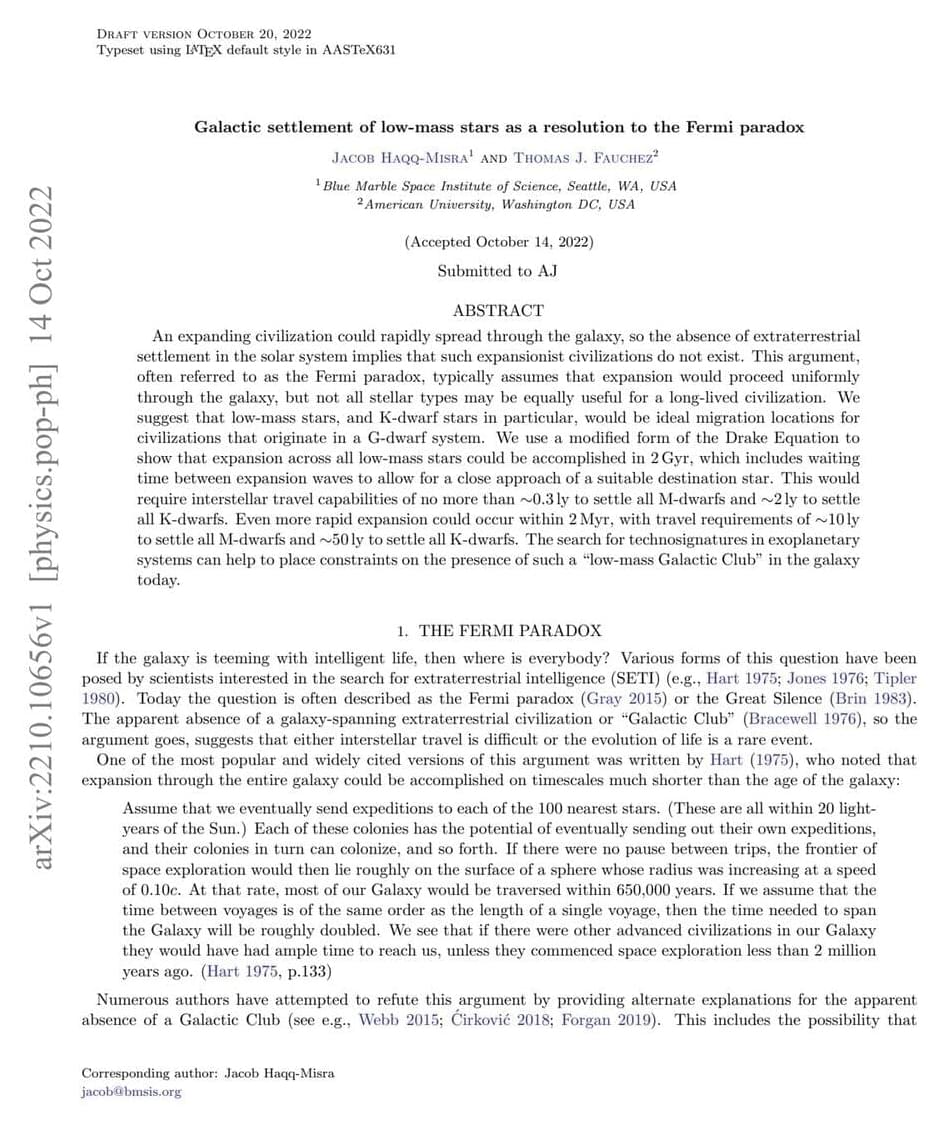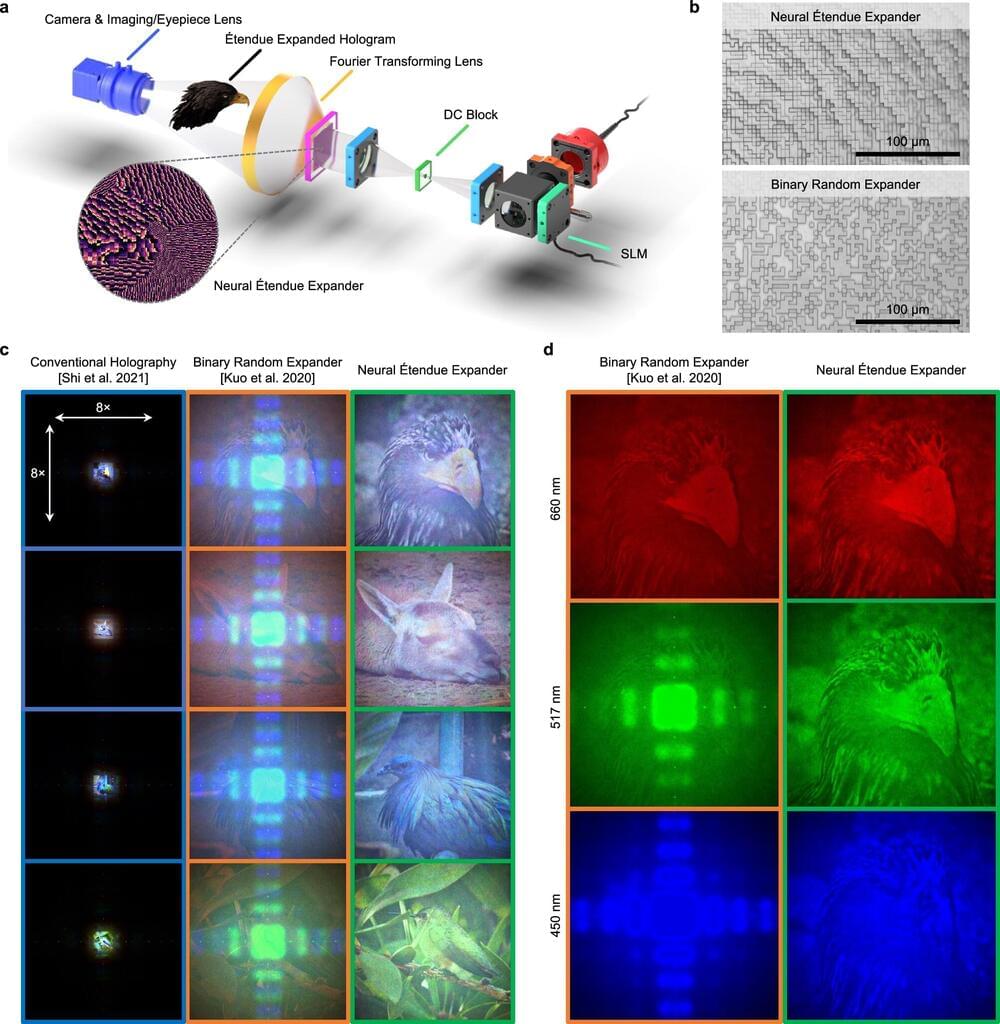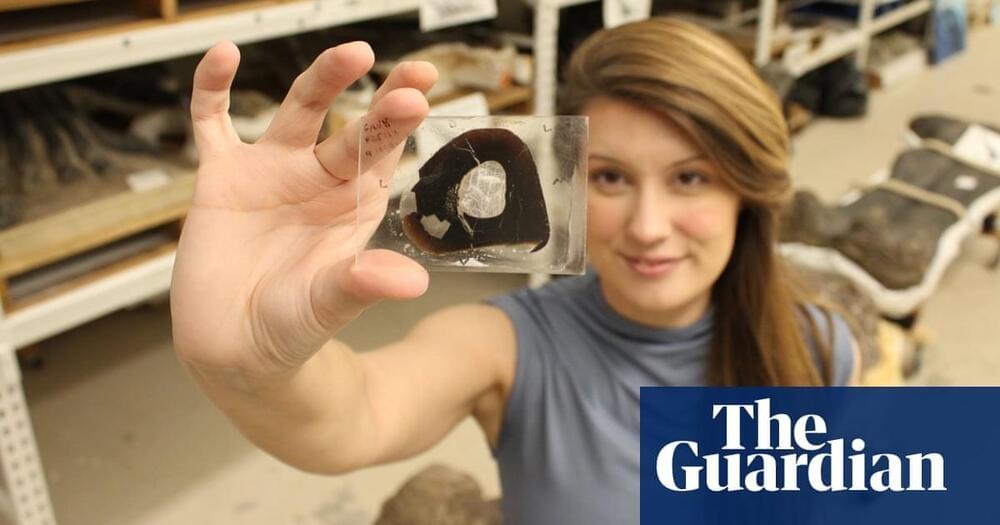Galactic settlement of low mass stars as a resolution to the fermi paradox.
Shared with Dropbox.

An exploration of a potential solution to the Fermi Paradox within the Cambrian explosion period of geologic history, with an aside about fossil preservation in space.
My Patreon Page:
/ johnmichaelgodier.
My Event Horizon Channel:
/ eventhorizonshow.
Music:

Two weeks ago it was quietly announced that the Future of Humanity Institute, the renowned multidisciplinary research centre in Oxford, no longer had a future. It shut down without warning on 16 April. Initially there was just a brief statement on its website stating it had closed and that its research may continue elsewhere within and outside the university.
The institute, which was dedicated to studying existential risks to humanity, was founded in 2005 by the Swedish-born philosopher Nick Bostrom and quickly made a name for itself beyond academic circles – particularly in Silicon Valley, where a number of tech billionaires sang its praises and provided financial support.
Humanity will change. Or be replaced. Or go extinct. An exploration of the many potential posthuman offspring of humankind, from the biological to the artificial.
–
C. M. Kosemen YouTube: / cmkosemen.
C. M. Kosemen Patreon: / cmkosemen.
C. M. Kosemen Website: http://www.cmkosemen.com/
What do you imagine when I say the future of human evolution?
A superbeing with powers beyond comprehension? A mutated oddity far removed from our idea of humanity? Or perhaps nothing but decaying remains left in the wake of our extinction?
Scientists and sci-fi authors have long speculated on what our future selves will look like — and as technology advances, our species might evolve much faster than natural selection would typically allow. So, for this entry into the archive, we’ll explore posthuman scenarios from the absurd to the frighteningly plausible — and meet the many possible successors to humankind…
0:00 Future of Human Evolution.
0:43 Man After Graham.
4:23 The Atomic Mutant.
7:41 The Extinction Alternative.
10:23 A Planet of Apes.
13:38 Rise of the Superhuman.
16:18 Technological Ascension.
19:02 Who We Choose to Be.
Copyright Disclaimer: Under section 107 of the Copyright Act 1976, allowance is made for “fair use” for purposes such as criticism, comment, news reporting, teaching, scholarship, education, and research. All video/image content is edited under fair use rights for reasons of commentary.

Charles Darwin and his followers postulated that random accidental mutations of small effect plus natural selection over long periods would provide sufficient hereditary variation to explain biological diversity. Research since the middle of the twentieth century has unexpectedly shown that living organisms possess many different means of altering their genomes biologically, and these processes have been validated by DNA sequence analysis. In addition, the biological process of interspecific hybridization has become recognized as a major source of rapid speciation and genome amplification. Thus, it is time to shift our basic concept of evolutionary variation from the traditional model of slow change from non-biological sources to a fully biological model of rapid genome reorganization stimulated by challenges to reproduction.
Introduction
In Western society prior to the Enlightenment, there was little disagreement about the origins of biological diversity: it resulted from divine creation of an unchanging panorama of plant and animal species, as explained in Genesis. No thought was given to the idea that living organisms could change their fundamental natures. Even a scientist dedicated to analyzing the nature and classification of life forms, Carl Linnaeus (1707−1778), and one who documented the extinction of fossil organisms, Georges Cuvier (1769−1832), both believed in the fixity of species.
Check out courses in science, mathematics, or computer science on Brilliant! First 30 days are free and 20% off the annual premium subscription when you use our link ➜ https://brilliant.org/sabine.
The Future of Humanity Institute announced last week that they have shut down. Located at the University of Oxford in the UK prior to its demise, the institute was one of the few places worldwide studying the risk of human extinction and a few other controversial research areas. Let’s have a look at the events leading to the institute’s closure.
🤓 Check out my new quiz app ➜ http://quizwithit.com/
💌 Support me on Donorbox ➜ https://donorbox.org/swtg.
📝 Transcripts and written news on Substack ➜ https://sciencewtg.substack.com/
👉 Transcript with links to references on Patreon ➜ / sabine.
📩 Free weekly science newsletter ➜ https://sabinehossenfelder.com/newsle…
👂 Audio only podcast ➜ https://open.spotify.com/show/0MkNfXl…
🔗 Join this channel to get access to perks ➜
/ @sabinehossenfelder.
🖼️ On instagram ➜ / sciencewtg.
#science #sciencenews #FHI


How optimistic.
First, a little background. With 200 billion trillion (ish) stars in the universe and 13.7 billion years that have elapsed since it all began, you might be wondering where all the alien civilizations are at. This is the basic question behind the Fermi paradox, the tension between our suspicions of the potential for life in the universe (given planets found in habitable zones, etc) and the fact that we have only found one planet with an intelligent (ish) species inhabiting it.
One solution, or at least a way of thinking about the problem, is known as the Great Filter. Proposed by Robin Hanson of the Future of Humanity Institute at Oxford University, the argument goes that given the lack of observed technologically advanced alien civilizations, there must be a great barrier to the development of life or civilization that prevents them from getting to a stage where they are making big, detectable impacts on their environment that we can witness from Earth.
There could be other reasons why we haven’t heard from aliens yet, ranging from us simply not listening for long enough (or not searching for the right signals from aliens, due to our technological immaturity) to aliens deliberately keeping us in a galactic zoo. But if the Great Filter idea is correct, we don’t know what point we are at along it.

Millions of years ago, animals adapted to become warm-blooded amid huge climactic changes. Now scientists hope these clues from the past could help us understand what lies ahead by Tiffany Cassidy.
Discussions about asteroid 2024 GJ2 near miss with Earth on 11 Apr 24, and asteroids Apophis, Bennu, potential impacts and more!
GoldBacks from Green Greg’s affiliate link:
https://www.defythegrid.com/goldbacks…
Use coupon code GreenGregs for 1% off.
Outstanding Antioxidant For Your Health: https://shopc60.com/
Use discount code: GreenGregs10 for 10% off.
Inspire your kids to love science!
SAVE 20% OFF New Science Kits Using Code: NEWKITSSAVE20 At Steve Spangler Science dot com! Great Educational Products For Kids! SHOP NOW! https://www.pntra.com/t/SENKTExNSUhDR…
Inspire your kids to love science!
SAVE 20% OFF New Science Kits Using Code: NEWKITSSAVE20
Great Educational Products For Kids! SHOP NOW! https://www.pntra.com/t/SENKTExNSUhDR…